SUMMARY
This is AI generated summarization, which may have errors. For context, always refer to the full article.
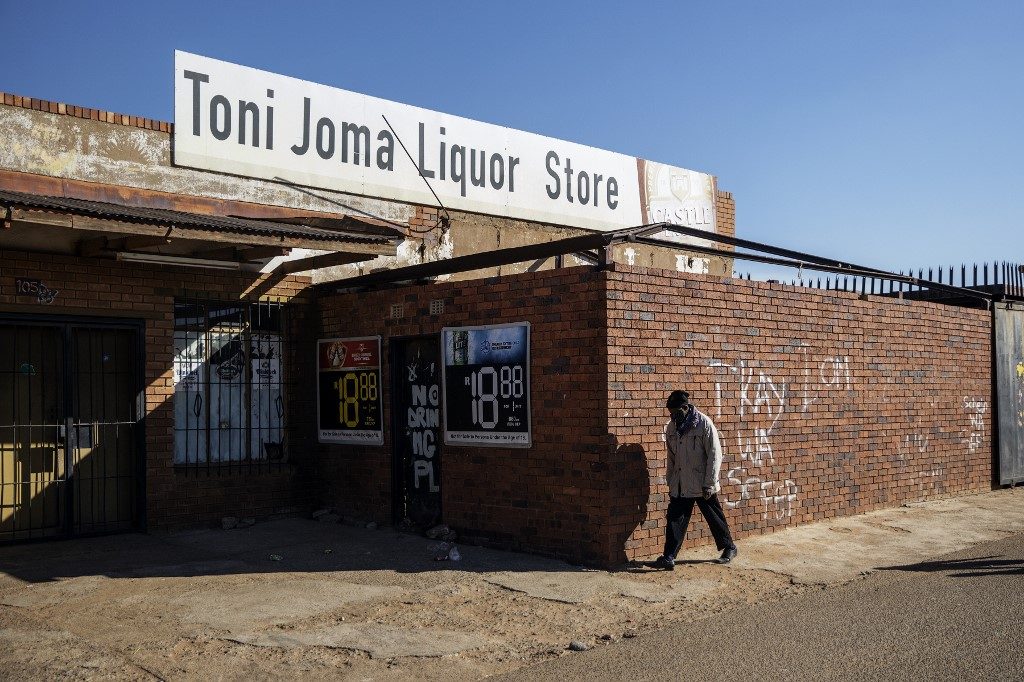
South Africa’s economy shrank by more than half in the 2nd quarter, an unprecedented decline, as the coronavirus pandemic took its toll on the continent’s most industrialized state, the statistics agency said on Tuesday, September 8.
The government shut down the country in March as it scrambled to rein in the spread of the coronavirus, pushing the economy into deep recession.
“South Africa’s economy contracted by 51%” in the 2nd quarter of 2020 compared with the same period last year, Statistics South Africa said in a statement, adding: “The punch in the gut was severe.”
The record contraction came after a lockdown imposed on March 27 – one of the world’s strictest – brought most economic activity to a standstill.
The predicted drop in gross domestic product (GDP) was driven largely by steep declines in the construction, manufacturing, and mining sectors, where activity shrank by up to 70%.
South Africa’s economy was already in recession – its second in two years – when it was hit by the virus, and had shrunk by 2% during the first 3 months of 2020.
The 2nd quarter contraction – the 4th in a row for the ailing economy – “dwarfs the annualized slowdown of 6.1% recorded in the 1st quarter of 2009 during the global financial crisis,” the statisticians said.
Despite the restrictions, South Africa is the worst affected country in Africa, with more than 15,000 deaths.
South Africa’s 639,362 cases account for around half of the continent’s total and places it among the top 7 countries in the world in terms of confirmed infections.
In June, Finance Minister Tito Mboweni projected that the economy would shrink by 7.2% in 2020 as a result of the coronavirus pandemic, the deepest slump in 90 years.
The anti-virus restrictions also severely affected the tourism industry, one of South Africa’s leading contributors to GDP.
Borders were shut and even domestic travel was curtailed during the 3 months while restaurants closed and the sale of alcohol was prohibited.
“Spending on restaurants and hotels ground to an almost complete halt, plunging by 99.9%,” StatsSA said.
Alcohol sales were prohibited to ease pressure on hospitals, allowing doctors in emergency wards to focus on COVID-19 rather than road accidents and other booze-related injuries.
‘Shallow recovery’ in 2021
The agriculture sector was the only one that appeared relatively unscathed by the pandemic as it boosted maize exports while enjoying a hike in international demand for citrus fruits and pecan nuts.
President Cyril Ramaphosa reacted to the GDP figures, saying they reflect the “severe impact” of the pandemic, but “should spur all South Africans to do all they can to help rebuild the economy.”
“Now is the time to act quickly and boldly to place South Africa on a rapid growth trajectory. We cannot continue with business as usual,” he said in a statement.
“We will use this moment of crisis to build a new economy, and unleash South Africa’s true potential,” the president said.
While the economy is expected to start picking up in the 3rd quarter as the lockdown restrictions have gradually been eased, “electricity supply constraints are likely to curb the sustainability of the recovery,” warned Sanisha Packirisamy, an economist at Momentum Investments.
The electricity supply company Eskom last week resumed rationing power because of breakdowns at its aging coal-powered plants.
“We expect growth to contract by 8.1% this year and are penciling in a shallow recovery of 2% in 2021, as an increase in the number of business closures, persistently higher levels of unemployment, and ongoing challenges to electricity supply detract from the expected upturn,” Packirisamy said in a note.
Unemployment already stands at a record 30.1% and the 2nd quarter forecast is around 37.9%, as many businesses were forced to shut down or cut back staff, noted Investec bank economist Lara Hodes.
The United Nations forecasts that it will take around 5 years for South Africa’s economic activity to return to pre-pandemic levels. – Rappler.com
Add a comment
How does this make you feel?


![[Time Trowel] Evolution and the sneakiness of COVID](https://www.rappler.com/tachyon/2024/02/tl-evolution-covid.jpg?resize=257%2C257&crop=455px%2C0px%2C1080px%2C1080px)


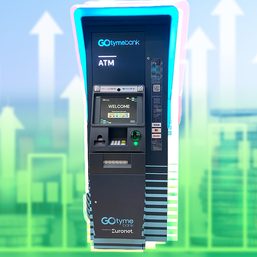

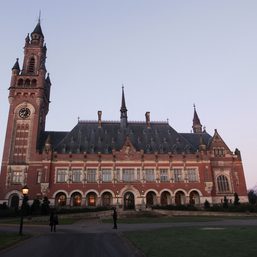
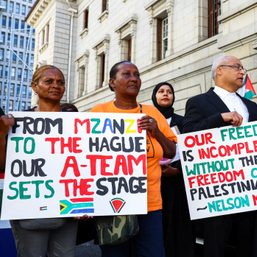
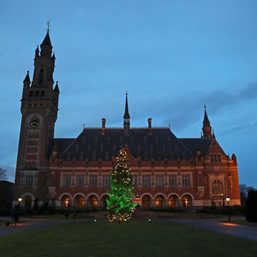
There are no comments yet. Add your comment to start the conversation.